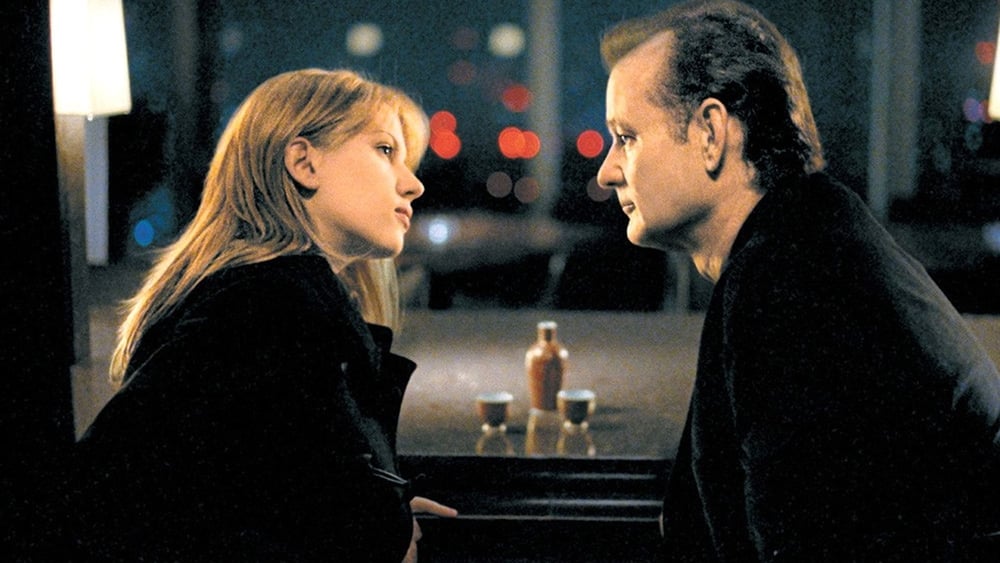Twenty years after its premiere at the Venice Film Festival, Sofia Coppola’s “Lost in Translation” remains one of the best films of the 21st century. It’s a masterclass in performance, tonal balance, and subtlety. That starts, first and foremost, with Coppola’s script, which creates a version of Tokyo as seen through the eyes. of self-absorbed, ignorant Americans. The characters don’t understand their surroundings, but they don’t make any effort to. They’ve got too much of their own bullshit to deal with. But the script also makes that bullshit incredibly compelling, despite not being all that exciting dramatically.
As strong as Coppola’s Oscar-winning screenplay is, it wouldn’t work nearly as well without its two central performances. As Charlotte, Scarlett Johansson perfectly captures the aimless questioning of being a young, recent college grad. Yeah, you’re in a good spot in your life and going to exciting places, but have you made the right decisions? Did you hitch yourself to the wrong person? Do you actually know what you want to do with your life? Are you happy? Johansson takes us through Charlotte’s fragile, complex emotional state without a hint of melodrama. We get all the information necessary from small glances and dry line deliveries.
Bill Murray, as Bob, similarly gives a perfectly subdued, naturalistic performance that has many people thinking he’s just playing himself. Whether or not he plays himself is irrelevant, though. Murray brings much needed wit to what might otherwise be an incredibly dour film. Murray’s unique, specific timing and delivery means no other actor could do what he does in “Lost in Translation.” His knack for improvisation is apparent throughout — one feels many of the film’s best one-liners could only come from Murray’s mind. I wonder how much the emotional power of his performance has to do with playing off his previous comedic work. If you don’t know Murray as the sarcastic, goofy comedian, does his dramatic turn mean as much to you? I still think there’s plenty to admire from Murray without that context. It may not catch you off-guard in the same way, but it's still a deft tragicomic performance.
The power of the script and performance are equalled by Coppola’s direction, which gives even more believability to the characters’ emotions and situations through its naturalistic style. The soft, naturally-lit cinematography by Lance Acord helps this, and Coppola’s shot composition bounces brilliantly between vast, empty long shots that convey the characters’ loneliness, and tight close-ups that help build intimacy between the pair. When Charlotte and Bob are out having fun, Coppola goes handheld, giving a looser, freer, more excited feel that the camera and the characters don’t have when they're alone. It's not flashy, but it doesn't need to be. Coppola is in complete control of her craft despite this being just her second feature film.
“Lost in Translation” is an incredibly important film to me. I saw it young, when I was really starting to get into movies, and it completely altered my idea of what a film could be and do. I was fascinated by its disinterest in plot and its naturalistic style. It has influenced my taste to a degree few other films have — my love of not-meant-to-be romances, movies that blur the line between comedy and melancholy, and even my love of 80s/90s noise rock. Over a deacde after seeing it for the first time, it still has the same power to destroy me emotionally that it did when I was a teenager.

